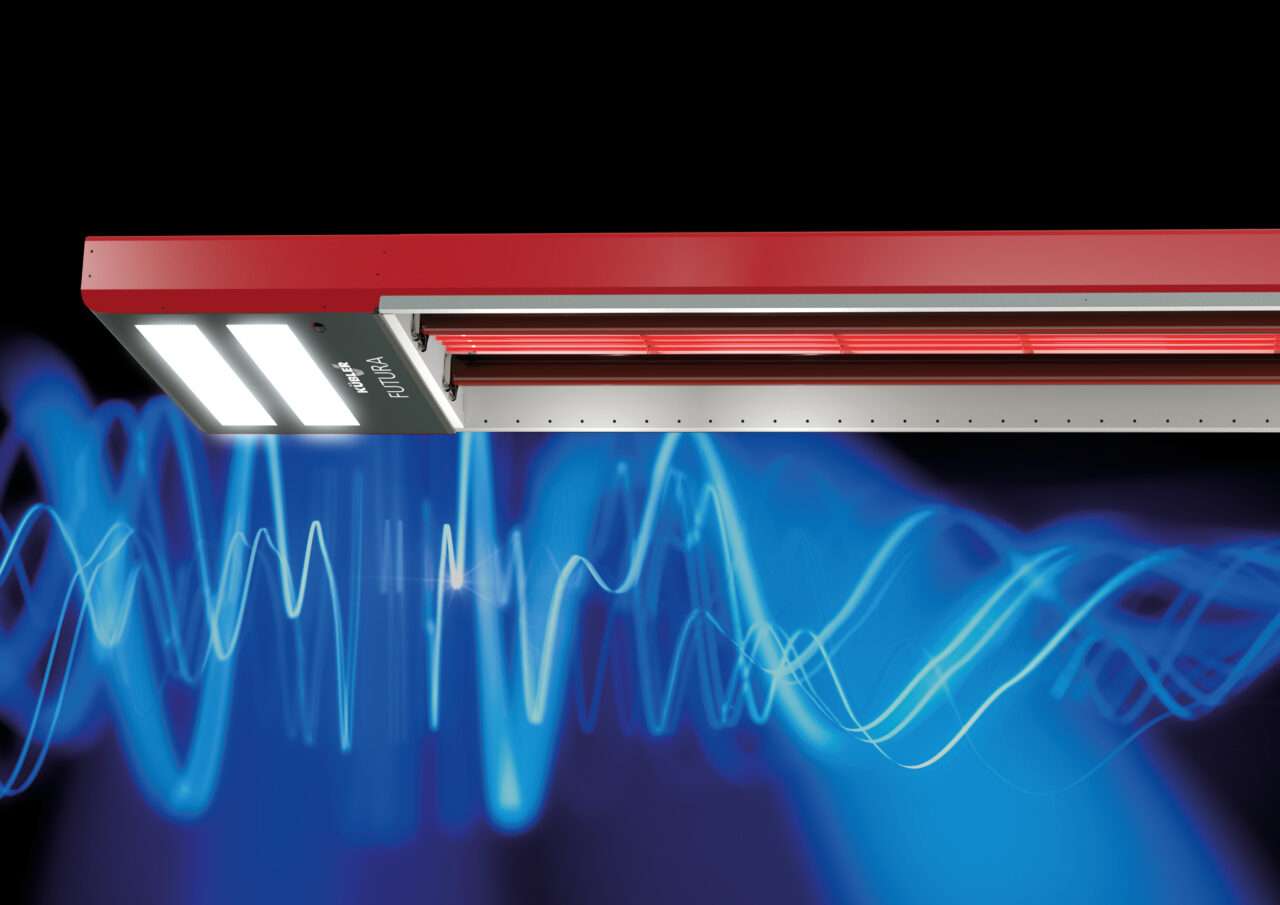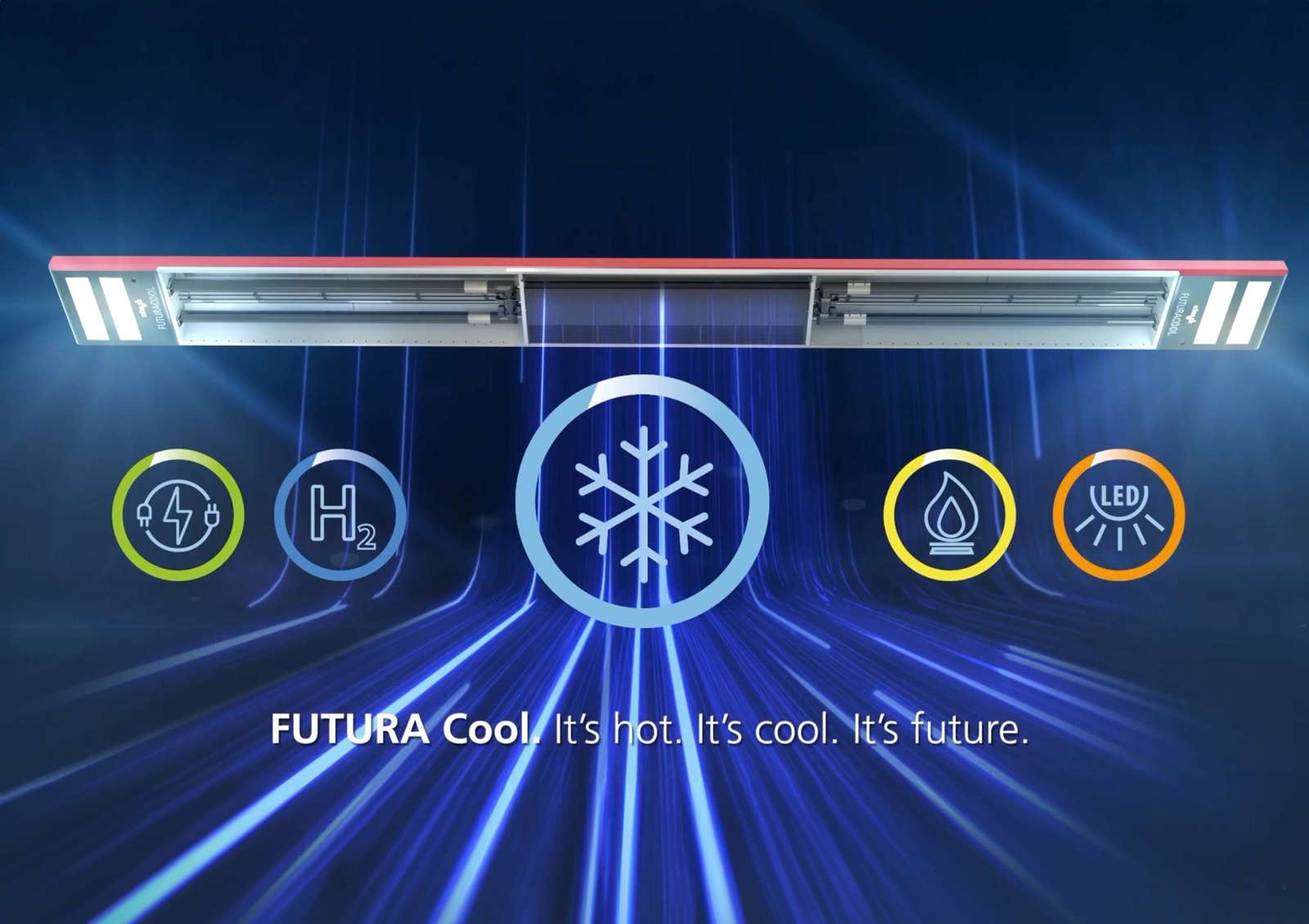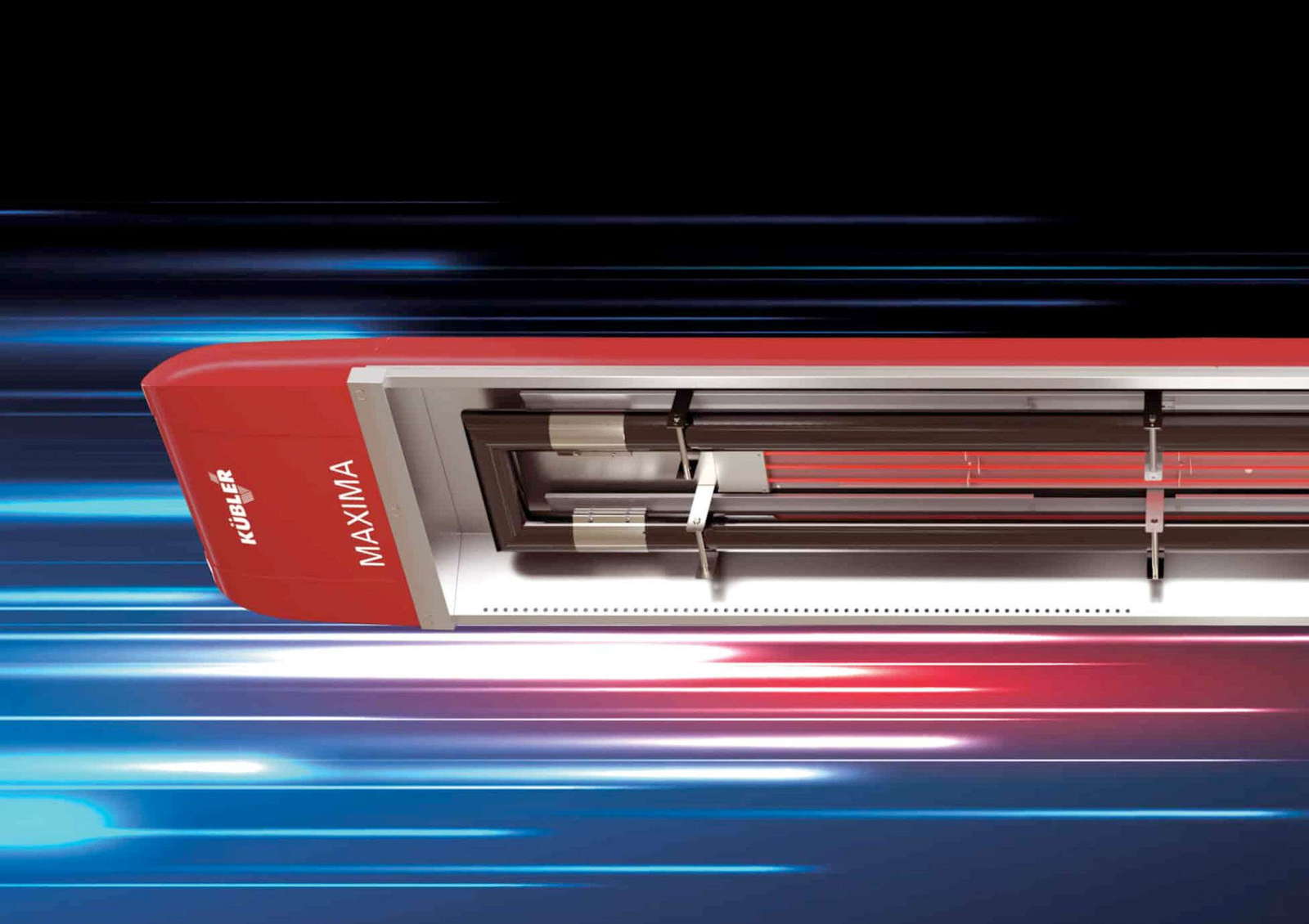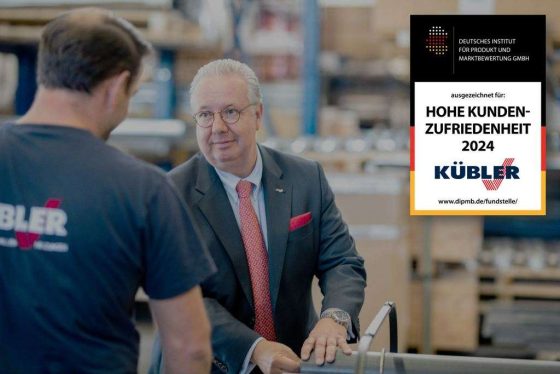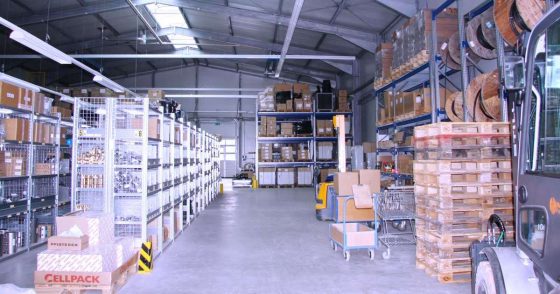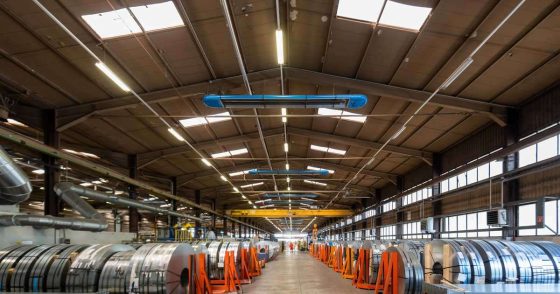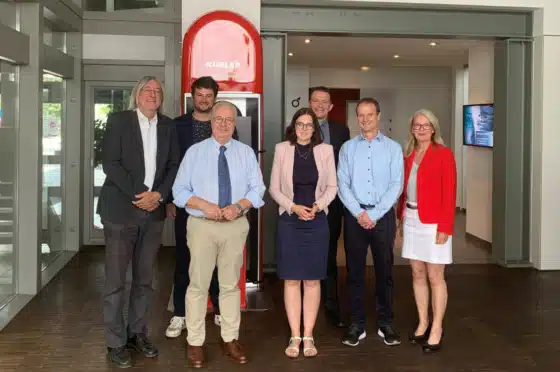"The question is: How do we preserve the industries and become climate-friendly at the same time?"
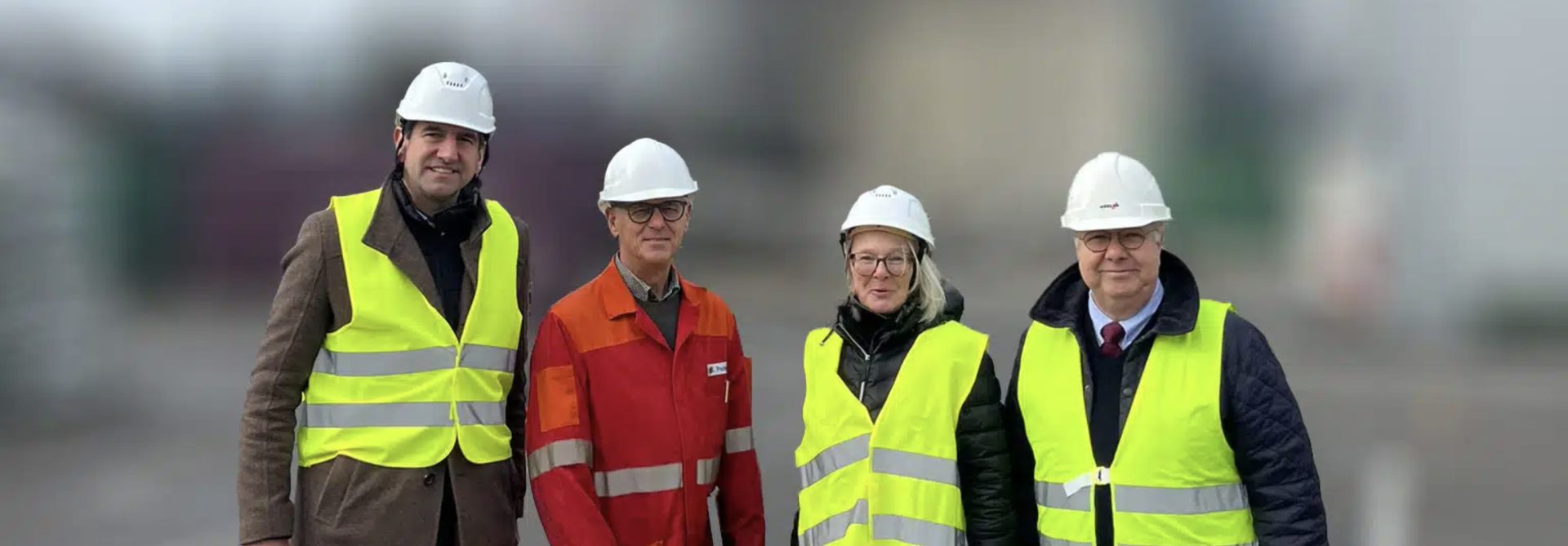
The industrial site at Alusingen-Platz 1 has a long tradition. Aluminum has been processed there since 1912. Today, internationally active companies such as Amcor Flexibles Singen GmbH, Constellium and 3A Composites are located on the site of the aluminum plant. What has not changed is the great importance of the site for the region. The three companies alone employ over 3,000 people.
For climate and energy policy spokesperson Andreas Jung, two questions took center stage in his home constituency today: What technologies can be used to heat the gigantic production halls and warehouses at the site in a climate-friendly way? And what do the companies need to secure their locations and jobs? Andreas Jung:
"The question is: How do we preserve the industries and become climate-friendly at the same time?"
The fact that there is an answer to both questions became clear during the on-site visit. The old heat supply to the site via steam-powered hot air heating systems was largely dismantled. Not only to support the coal phase-out, but also because this type of heating had become excessively energy-intensive and expensive in high halls. Thomas Kübler, a specialist in the climate-friendly heating of halls, explains why this is literally in the nature of things: "It's quite simple. For physical reasons, warm air rises to where it is not needed in halls: upwards under the roof. And that costs an unnecessary amount of energy".
None of the operators at the Alusingenplatz site have regretted their decision to modernize the heating system with highly efficient decentralized infrared dark radiators. Instead of warm air, these infrared systems use the natural heating principle of the sun. They only develop their warming effect when the infrared rays hit floors or objects, i.e. precisely in the areas where people work. This reduces energy consumption by up to 70 percent or more. Thanks to the enormous cost savings, the investment was amortized within a very short time and even the energy price increases of recent years no longer hurt quite so much. Ultimately, this helps both sides: the environment and the business location.
"I was able to get an impression of how efficient heating systems can make a valuable contribution to economic efficiency and the environment."
said Andreas Jung after the tour of the site. When asked how he can support the industry in ensuring that sensible technical solutions, rather than ideologically driven laws, are decisive in the future, the Deputy Federal Chairman replied: "We need to set the right framework conditions now, and that means CO2 and not prescribe technologies. When it comes to climate protection, this is precisely what is crucial: that we move away from CO2 come down. There is not one way to do this, there are different ways. And that is precisely why the framework must be set in such a way that the most efficient technology prevails."
-
"This award is a great honor for our company and confirms our ongoing commitment to excellence and customer satisfaction," said Thomas Kübler, Managing Partner of KÜBLER. "We would like to thank our valued customers for their trust and support, which has made this success possible. This recognition motivates us to continue to set the highest standards and [...]
-
Stadtwerke Frankenthal relies on high-efficiency technology and a healthy indoor climate.
-
KÜBLER offers an investment-free rental model for heating halls with its heating plant
-
Green members of the state parliament Dr. Bernhard Braun and Fabian Ehmann at KÜBLER in LudwigshafenLudwigshafen, August 2022 - An important visit to KÜBLER in Ludwigshafen: Dr. Bernhard Braun (Chairman of the Bündnis90/Grünen parliamentary group), Fabian Ehmann (Spokesman for Economy & Start-ups, Europe & One World, Youth and Forest Policy) and Hanna Thiele (personal assistant) met with the Ludwigshafen-based hall heating specialist and hidden champion in the Palatinate. They discussed the currently highly topical issues of the energy transition, energy efficiency, legislation and the questions: "What distinguishes halls from residential buildings, offices or daycare centers? And why do they need special technologies for efficient and low-CO2 heating?"
